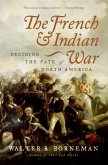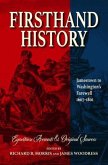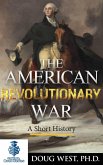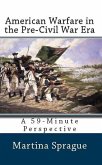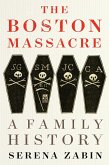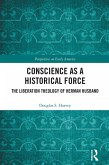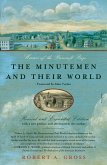There was no better-prepared place to inaugurate the first battle of the War for Independence than the little village of Lexington. For pastor Clark "discussed from the pulpit the great questions at issue, and that powerful voice thundered forth the principles of personal, civil, and religious liberty, and the right of resistance, in tones as earnest and effective as it had the doctrines of salvation by the cross." (J. T. Headley, Heroes of Liberty: Chaplains and Clergy of the American Revolution, 21.) "It was to the congregation, educated by such a man, that Providence allowed to be entrusted the momentous events of April 19, events which were to decide the fate of a continentthat of civil liberty the world over." (Headley, 23)
Today, the Battle of Lexington is little spoken of, for as a nation we have forgotten our history. We have neglected the heroes of our freedom and liberty. But there was a time when this day was remembered and odes were written to commemorate the occasion. Paul Revere's Ride and the Concord Hymn are two examples. (See Appendix) Our history books no longer tell the true story of Lexington, so we must.
America is perishing for the need of preachers who apply God's holy Word to every area of life including personal, civil, and religious liberty. The Church needs more pastors like Jonas Clark, a preacher who taught the great doctrines of salvation in Christ alone and the Biblical right to resistance, which gave his congregation courage to stand in the face of great odds. The Battle of Lexington should inspire every man, in all stations of life, to stand and make a difference.
Rev. Christopher Hoops, Theology Editor for Nordskog Publishing
Today, the Battle of Lexington is little spoken of, for as a nation we have forgotten our history. We have neglected the heroes of our freedom and liberty. But there was a time when this day was remembered and odes were written to commemorate the occasion. Paul Revere's Ride and the Concord Hymn are two examples. (See Appendix) Our history books no longer tell the true story of Lexington, so we must.
America is perishing for the need of preachers who apply God's holy Word to every area of life including personal, civil, and religious liberty. The Church needs more pastors like Jonas Clark, a preacher who taught the great doctrines of salvation in Christ alone and the Biblical right to resistance, which gave his congregation courage to stand in the face of great odds. The Battle of Lexington should inspire every man, in all stations of life, to stand and make a difference.
Rev. Christopher Hoops, Theology Editor for Nordskog Publishing
Dieser Download kann aus rechtlichen Gründen nur mit Rechnungsadresse in A, B, CY, CZ, D, DK, EW, E, FIN, F, GR, H, IRL, I, LT, L, LR, M, NL, PL, P, R, S, SLO, SK ausgeliefert werden.



